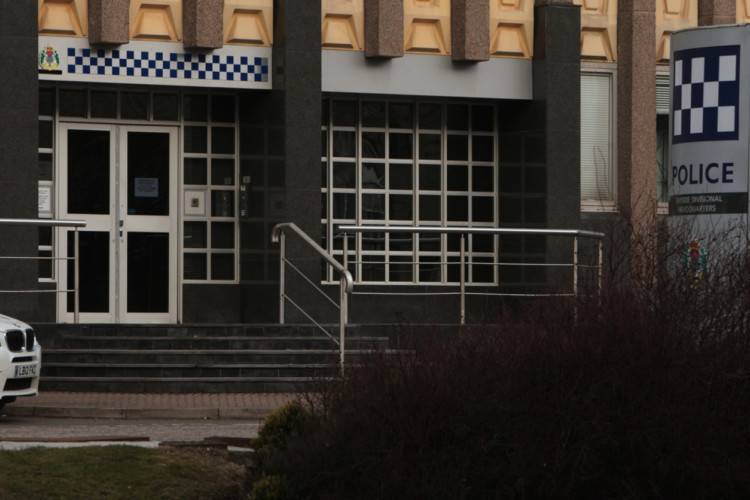A woman who suffered a serious hand injury in police custody in Dundee caused the incident herself.
The Police Investigations & Review Commissioner has ruled that the overriding cause of the injury was the 39-year-old woman’s own actions in charging towards the cell door and police officers.
He called for custody suite staff to be given more training, however, and for the system for calling ambulances for emergencies to be reviewed.
The incident happened on April 26 at Dundee Police Office in West Bell Street when the woman was taken into custody.
The little finger of her right hand was almost severed when it became jammed in a cell door. She was taken to Ninewells Hospital where part of her finger had to be amputated.
The incident was referred to the PIRC for investigation, and their independent probe found that officers behaved professionally during the episode at the Dundee custody suite.
Commissioner Professor John McNeill said that the overriding cause of the woman’s injury was her actions in charging towards the cell door and police officers.
PIRC investigators interviewed police officers, members of police staff, civilian witnesses including the injured woman, examined the cell, scrutinised police and Scottish Ambulance Service audio recordings on the incident, incident logs, CCTV footage of the incident, standard operating procedures and other documents.
Professor McNeill stated: “I am satisfied that the police officers and members of police staff behaved in a professional manner and their actions were proportionate and justified.”
He recommended, however, that Police Scotland considers providing appropriate officer safety training to police custody and security officers who are engaged in prisoner handling, and that Police Scotland should review the practice adopted at Dundee Custody Suite for the summoning of ambulances in such situations.
Custody Divisional Commander Ciorstan Shearer said: “We welcome the commissioner’s finding that despite our efforts to prevent this incident our officers and staff behaved in a professional manner and that their actions were justified and appropriate. The care and welfare of prisoners is an absolute priority which is often discharged in challenging circumstances.”
